Protein is an essential nutrient that plays a key role in building and repairing tissues, making enzymes and hormones, and supporting overall body functions.
While animal-based products like meat, dairy, and eggs are commonly known for their high protein content, many plant-based foods are also rich in protein.
For vegetarians, vegans, or anyone looking to increase their plant-based protein intake, here are the top 10 protein-rich plant foods.
- Lentils
Lentils are one of the best sources of plant-based protein. A cup of cooked lentils provides about 18 grams of protein. They are not only rich in protein but also high in fiber, iron, folate, and potassium. Lentils come in various varieties, including red, green, and black, and can be used in soups, stews, salads, or curries.
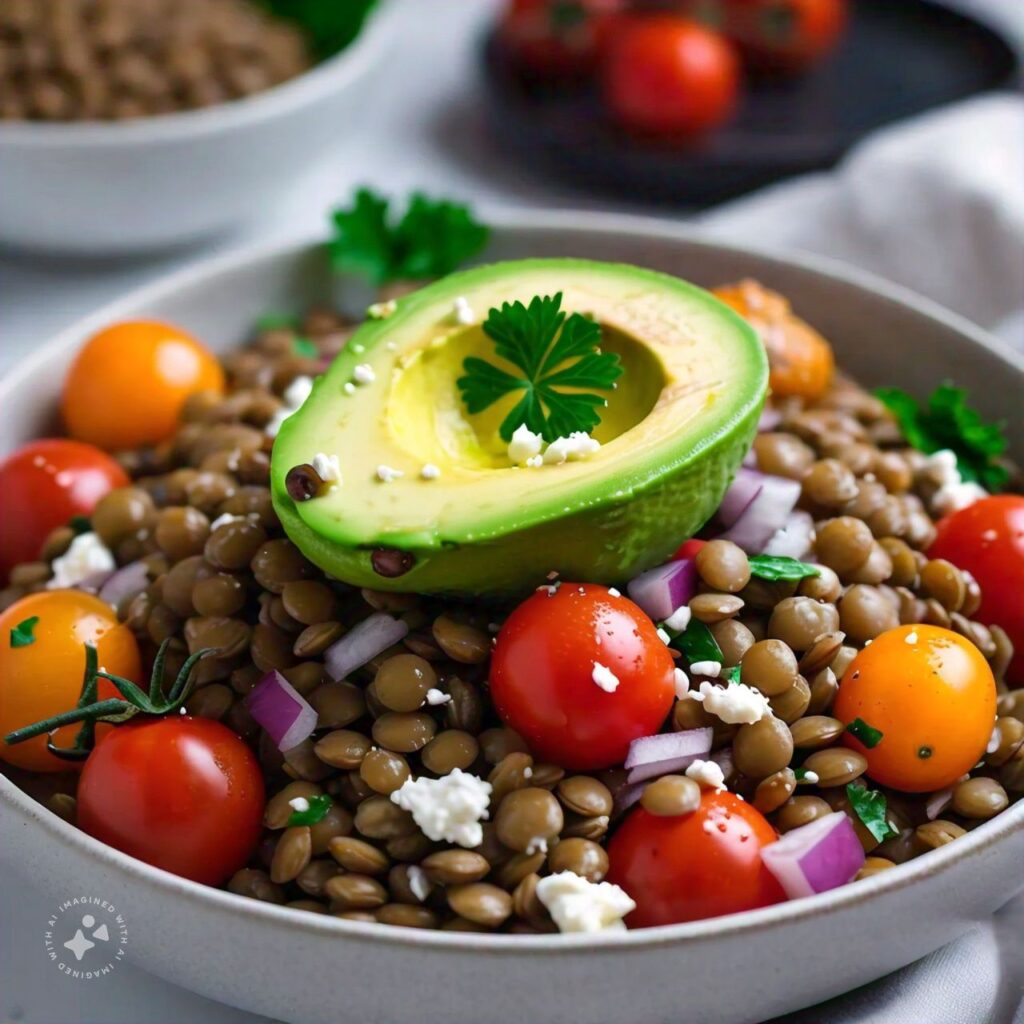
2. Chickpeas (Garbanzo Beans)
Chickpeas are another excellent source of plant-based protein. One cup of cooked chickpeas contains around 15 grams of protein. These versatile legumes can be used in a variety of dishes, such as hummus, curries, soups, and salads. Chickpeas are also high in fiber, which aids digestion and helps in maintaining a healthy gut.
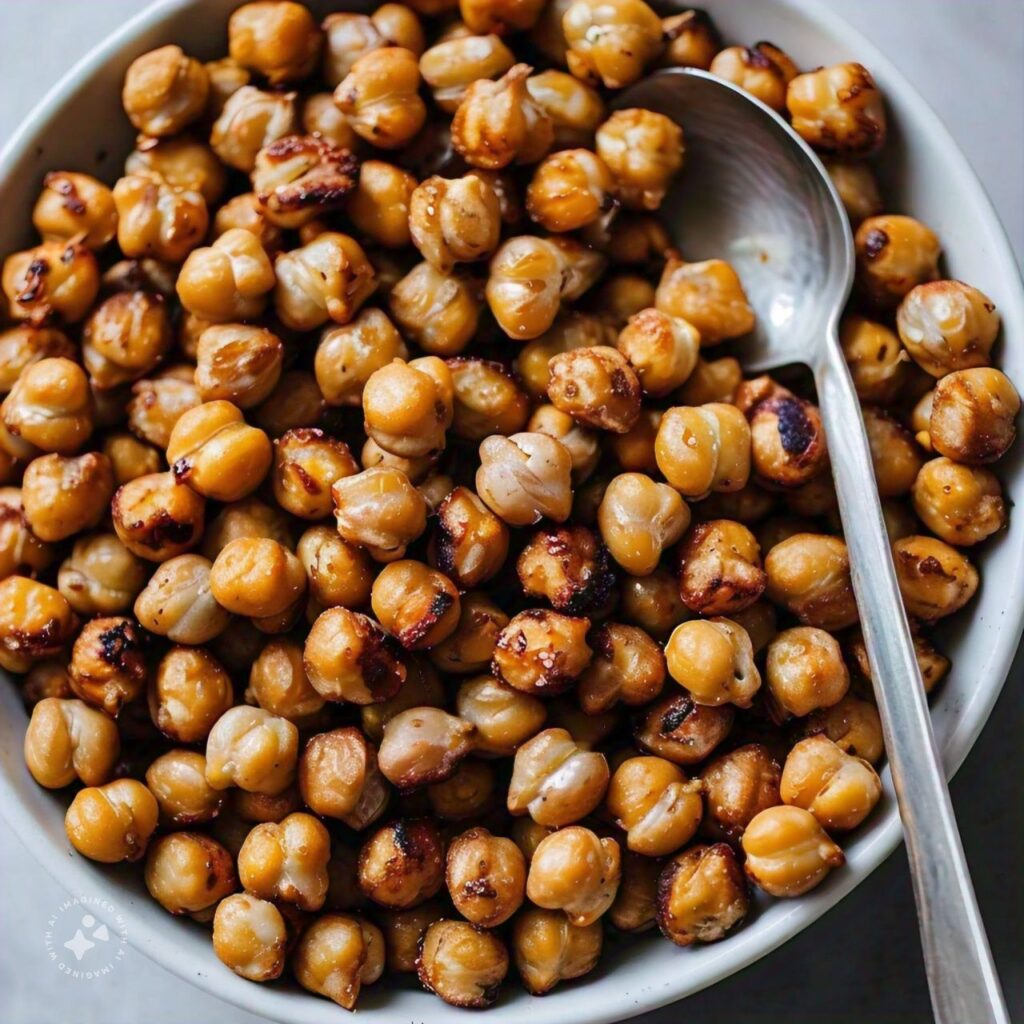
3. Quinoa
Quinoa is a complete protein, meaning it contains all nine essential amino acids that the body cannot produce on its own. A cup of cooked quinoa offers about 8 grams of protein. It’s also rich in fiber, antioxidants, and minerals such as magnesium and iron. Quinoa can be used as a base for salads, bowls, or served alongside vegetables and beans.

4. Tofu
Tofu, also known as bean curd, is made from soybeans and is an excellent source of protein. A 4-ounce serving of tofu provides around 10 grams of protein. Tofu is incredibly versatile and can be grilled, sautéed, scrambled, or used in smoothies, soups, and stir-fries. It’s also a great source of iron and calcium, making it a popular choice for those on plant-based diets.

5. Tempeh
Tempeh is another soy-based product that is even higher in protein than tofu. A 4-ounce serving of tempeh contains approximately 21 grams of protein. Unlike tofu, tempeh is made from fermented soybeans, giving it a firmer texture and a nutty flavor. It’s rich in probiotics and can be used in sandwiches, stir-fries, or salads.

6. Edamame
Edamame are young soybeans, often served steamed and salted. A one-cup serving of edamame provides about 17 grams of protein. Edamame is also a great source of fiber, vitamins, and minerals, particularly folate and iron. It’s a tasty snack or can be added to salads, bowls, or stir-fries.
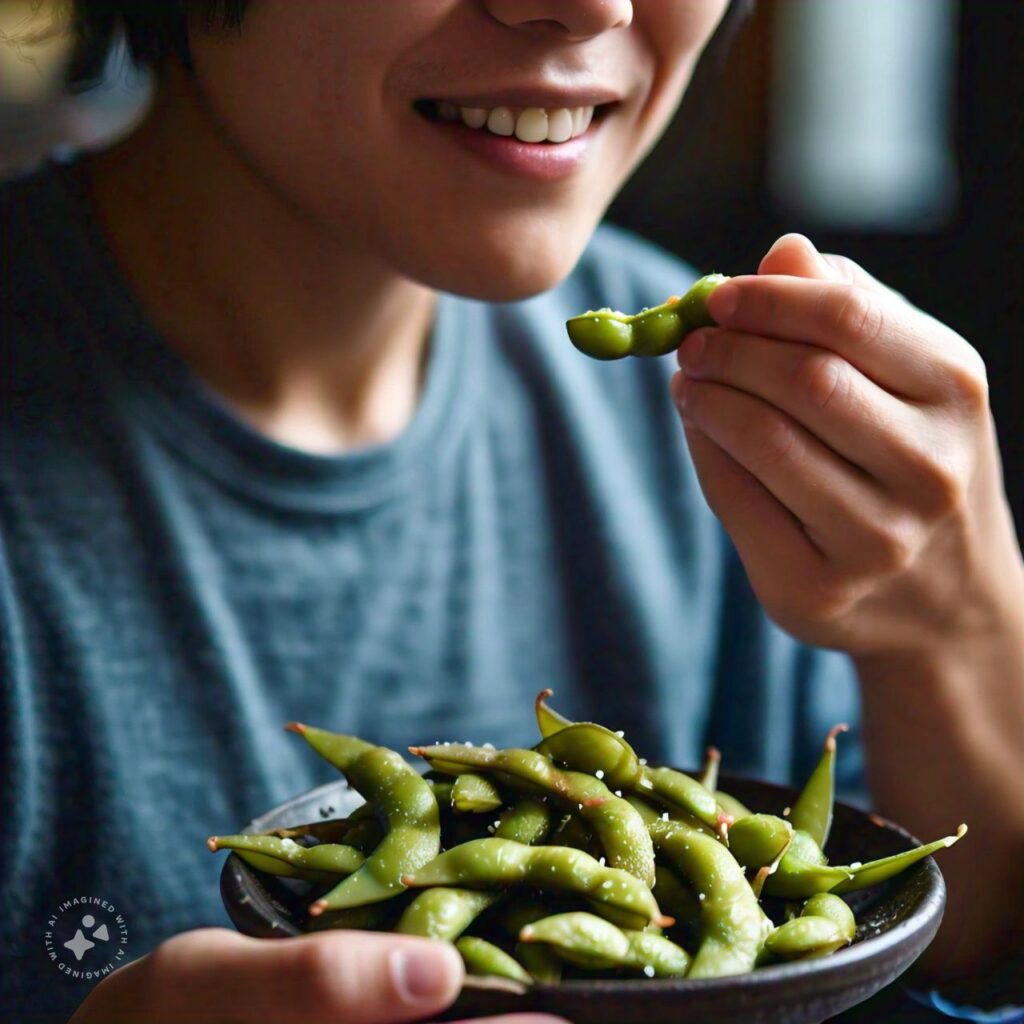
7. Peas
Green peas are not only a great source of protein but are also packed with vitamins, minerals, and fiber. One cup of cooked peas contains about 8 grams of protein. They are rich in vitamin K, vitamin C, and folate. Peas can be enjoyed as a side dish, blended into soups, or added to casseroles and salads.

8. Chia Seeds
Chia seeds are tiny but packed with nutrients, including protein. Two tablespoons of chia seeds provide about 4 grams of protein. These seeds are also an excellent source of omega-3 fatty acids, fiber, antioxidants, and calcium. Chia seeds can be added to smoothies, oatmeal, yogurt, or made into chia pudding.
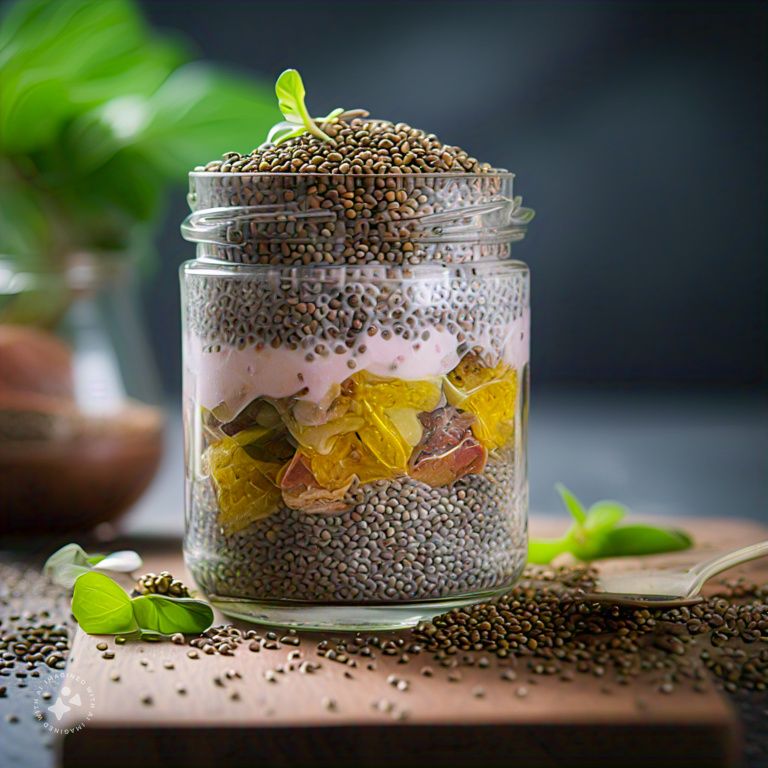
9. Hemp Seeds
Hemp seeds are highly nutritious, containing about 10 grams of protein per 3 tablespoons. They are also rich in healthy fats, including omega-3 and omega-6 fatty acids, making them an ideal choice for heart health. Hemp seeds can be sprinkled on salads, blended into smoothies, or added to baked goods.

10. Spinach
While spinach is not as protein-dense as legumes or seeds, it still offers a decent amount of protein. One cup of cooked spinach provides around 5 grams of protein. Spinach is also packed with vitamins A, C, and K, as well as folate and iron. It’s versatile and can be used in salads, smoothies, soups, or sautéed as a side dish.
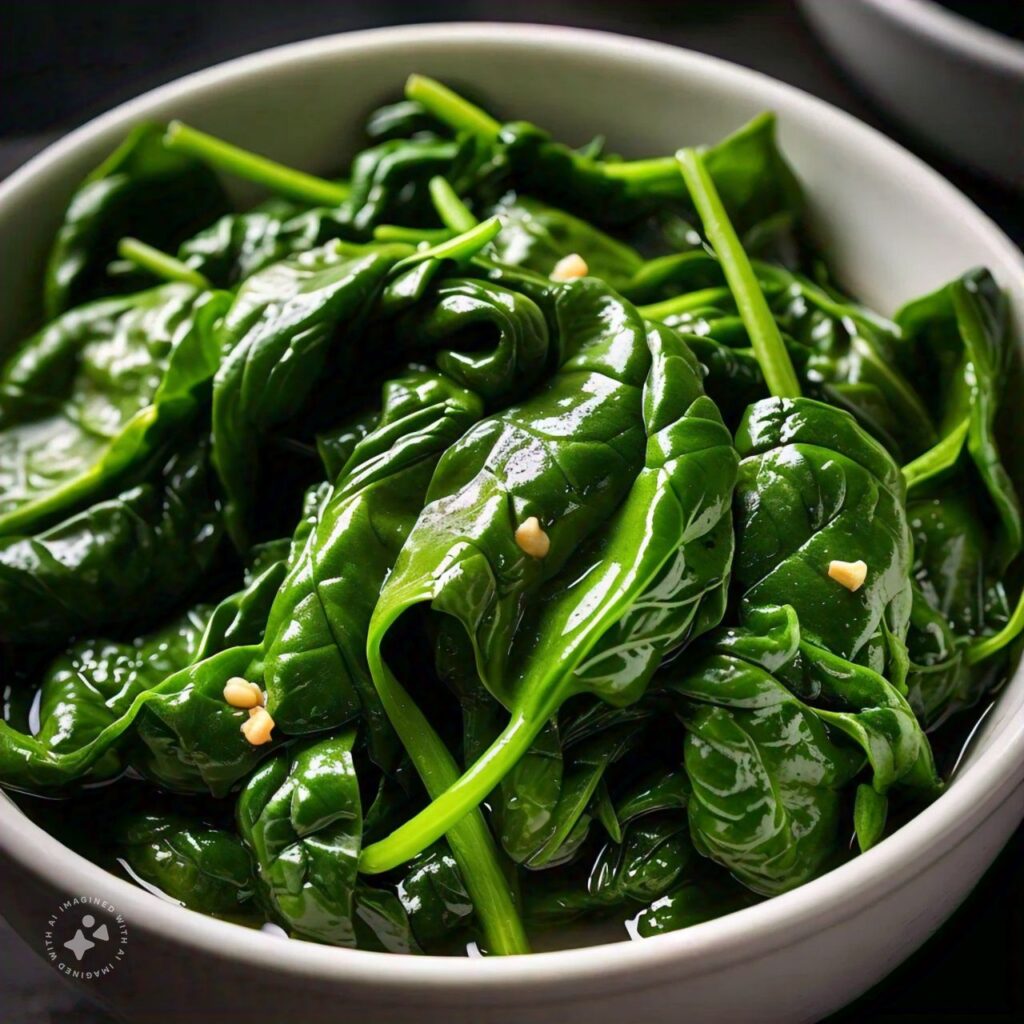
Conclusion
Incorporating these protein-rich plant foods into your diet can help you meet your daily protein needs while offering a wide range of essential nutrients.
From legumes like lentils and chickpeas to seeds like chia and hemp, these foods provide plenty of plant-based protein options for vegetarians and vegans. Whether you are looking to build muscle, maintain energy levels, or improve overall health, these plant-based proteins will nourish your body and support your active lifestyle.
Leave a Reply